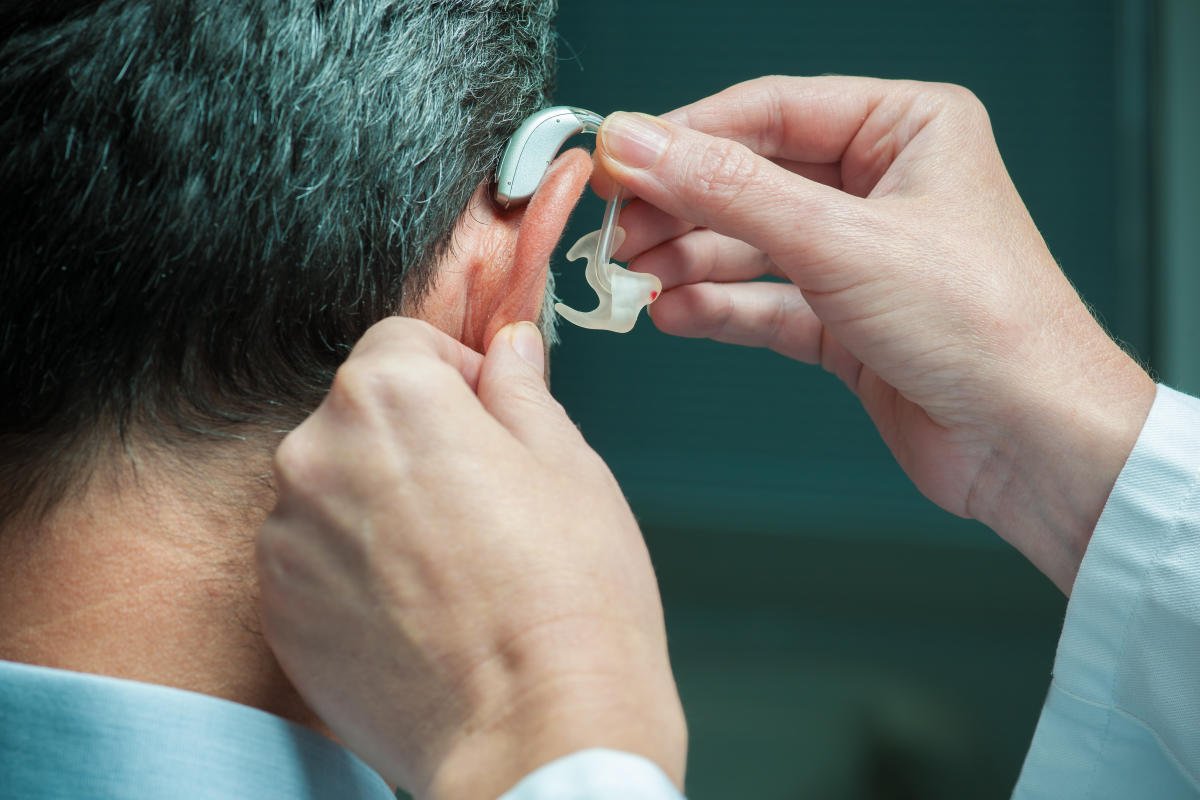Hearing is one of our vital senses, connecting us to the world and the people we love. When your hearing begins to decline, it can affect your ability to communicate and your quality of life. Fortunately, hearing aids offer a robust solution. However, choosing the right hearing aid can feel overwhelming with the many options available. The key to making the best choice is understanding your lifestyle and specific hearing needs.
Understanding Your Hearing Needs
Before diving into the features of hearing aids, it’s essential to evaluate your hearing condition. Everyone’s hearing loss is unique. Some people struggle with high-frequency sounds, while others experience difficulty hearing in noisy environments. Getting a professional hearing test is the first step to understanding the type and extent of hearing loss you’re experiencing.
Consider how hearing loss affects your daily activities. Do you find it difficult to hear conversations in crowded places? Do you spend much time on the phone or watching TV? Pinpointing these challenges will help guide you toward the right hearing aid.
Factors to Consider When Choosing a Hearing Aid
Lifestyle
Your lifestyle plays a significant role in selecting a hearing aid. For those who lead active lives, frequently attend social gatherings, participate in outdoor activities, or work in busy environments, a hearing aid with advanced noise-cancellation features and durability is crucial.
On the other hand, if you prefer a quieter lifestyle at home, simpler devices with basic amplification might suffice. Reflect on your daily routine and choose a hearing aid that complements your activities and surroundings.
Comfort and Design
Hearing aids come in various styles, from behind-the-ear (BTE) models to completely in-canal (CIC) designs. Some are more discreet, while others are easier to handle and maintain. The best choice depends on your preferences and physical comfort.
If you value subtlety, smaller, in-the-ear models may appeal to you. However, these may not be ideal if you have dexterity issues or prefer a more extended battery life. Comfort is as important as functionality, so ensure the device fits well and feels natural during extended use.
Technology and Features
Modern hearing aids are equipped with innovative features to enhance your listening experience. Some devices offer Bluetooth connectivity, allowing seamless pairing with smartphones, tablets, or TVs. Others include directional microphones for improved focus on conversations in noisy environments.
Think about the features that matter most to you. If you’re tech-savvy and enjoy streaming music or phone calls, opt for a hearing aid with wireless connectivity. If simplicity is vital, focus on models with intuitive controls and minimal setup.
Addressing Common Concerns
Cost
The price of hearing aids can vary widely depending on their features and design. While it may be tempting to opt for the least expensive option, investing in a device that meets your needs is often more cost-effective in the long run.
Consider the value the hearing aid will bring to your life. Improved communication, confidence, and participation in activities are priceless benefits that justify the initial expense. If cost is a concern, explore financing options or insurance coverage.
Adaptation Period
Adjusting to a new hearing aid can take time. Initially, sounds may seem unfamiliar or overwhelming. This is normal and part of the process as your brain learns to interpret sounds through the device.
Be patient and wear your hearing aid consistently. Most people adapt within a few weeks, and the improved hearing becomes second nature. Consult your hearing care professional for adjustments if you face persistent discomfort or issues.
Maintaining Your Hearing Aid
Proper care and maintenance are essential to ensure your hearing aid functions optimally. Clean the device regularly using the recommended tools and store it in a safe, dry place when not in use. Please protect it from moisture, extreme temperatures, and physical damage.
Schedule regular check-ups with your hearing care provider to assess the device’s performance and make necessary adjustments. Keeping your hearing aid in good condition will extend its lifespan and maximise its benefits.
Final Thoughts
Choosing the right hearing aid is a personal decision that depends on your unique lifestyle, preferences, and hearing needs. You can find a device that seamlessly integrates into your life by understanding your specific requirements and exploring the available options.
Remember, a hearing aid is a tool and a gateway to reconnecting with the world around you. Take your time, seek professional advice, and prioritise comfort and functionality. The right hearing aid can transform your experience, helping you enjoy every moment with clarity and confidence.
You may also like to read:
How Floral Aromatherapy Enhances Wellness in Vancouver

